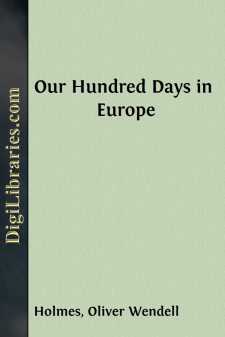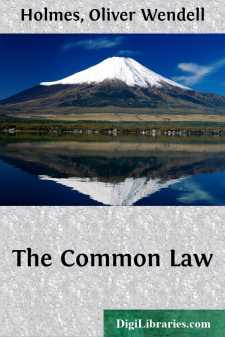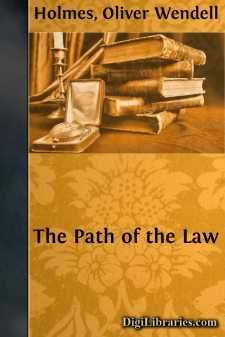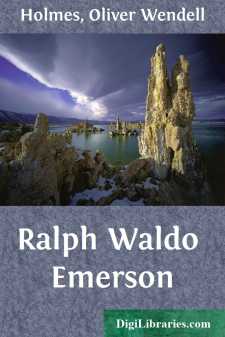Categories
- Antiques & Collectibles 13
- Architecture 36
- Art 48
- Bibles 22
- Biography & Autobiography 813
- Body, Mind & Spirit 142
- Business & Economics 28
- Children's Books 17
- Children's Fiction 14
- Computers 4
- Cooking 94
- Crafts & Hobbies 4
- Drama 346
- Education 46
- Family & Relationships 57
- Fiction 11829
- Games 19
- Gardening 17
- Health & Fitness 34
- History 1377
- House & Home 1
- Humor 147
- Juvenile Fiction 1873
- Juvenile Nonfiction 202
- Language Arts & Disciplines 88
- Law 16
- Literary Collections 686
- Literary Criticism 179
- Mathematics 13
- Medical 41
- Music 40
- Nature 179
- Non-Classifiable 1768
- Performing Arts 7
- Periodicals 1453
- Philosophy 64
- Photography 2
- Poetry 896
- Political Science 203
- Psychology 42
- Reference 154
- Religion 513
- Science 126
- Self-Help 84
- Social Science 81
- Sports & Recreation 34
- Study Aids 3
- Technology & Engineering 59
- Transportation 23
- Travel 463
- True Crime 29
Our website is made possible by displaying online advertisements to our visitors.
Please consider supporting us by disabling your ad blocker.
Our Hundred Days in Europe
Description:
Excerpt
After an interval of more than fifty years, I propose taking a second look at some parts of Europe. It is a Rip Van Winkle experiment which I am promising myself. The changes wrought by half a century in the countries I visited amount almost to a transformation. I left the England of William the Fourth, of the Duke of Wellington, of Sir Robert Peel; the France of Louis Philippe, of Marshal Soult, of Thiers, of Guizot. I went from Manchester to Liverpool by the new railroad, the only one I saw in Europe. I looked upon England from the box of a stage-coach, upon France from the coupé of a diligence, upon Italy from the cushion of a carrozza. The broken windows of Apsley House were still boarded up when I was in London. The asphalt pavement was not laid in Paris. The Obelisk of Luxor was lying in its great boat in the Seine, as I remember it. I did not see it erected; it must have been an exciting scene to witness, the engineer standing underneath, so as to be crushed by the great stone if it disgraced him by falling in the process. As for the dynasties which have overlaid each other like Dr. Schliemann's Trojan cities, there is no need of moralizing over a history which instead of Finis is constantly ending with What next?
With regard to the changes in the general conditions of society and the advance in human knowledge, think for one moment what fifty years have done! I have often imagined myself escorting some wise man of the past to our Saturday Club, where we often have distinguished strangers as our guests. Suppose there sat by me, I will not say Sir Isaac Newton, for he has been too long away from us, but that other great man, whom Professor Tyndall names as next to him in intellectual stature, as he passes along the line of master minds of his country, from the days of Newton to our own,—Dr. Thomas Young, who died in 1829. Would he or I be the listener, if we were side by side? However humble I might feel in such a presence, I should be so clad in the grandeur of the new discoveries, inventions, ideas, I had to impart to him that I should seem to myself like the ambassador of an Emperor. I should tell him of the ocean steamers, the railroads that spread themselves like cobwebs over the civilized and half-civilized portions of the earth, the telegraph and the telephone, the photograph and the spectroscope. I should hand him a paper with the morning news from London to read by the electric light, I should startle him with a friction match, I should amaze him with the incredible truths about anesthesia, I should astonish him with the later conclusions of geology, I should dazzle him by the fully developed law of the correlation of forces, I should delight him with the cell-doctrine, I should confound him with the revolutionary apocalypse of Darwinism. All this change in the aspects, position, beliefs, of humanity since the time of Dr. Young's death, the date of my own graduation from college!
I ought to consider myself highly favored to have lived through such a half century. But it seems to me that in walking the streets of London and Paris I shall revert to my student days, and appear to myself like a relic of a former generation. Those who have been born into the inheritance of the new civilization feel very differently about it from those who have lived their way into it. To the young and those approaching middle age all these innovations in life and thought are as natural, as much a matter of course, as the air they breathe; they form a part of the inner framework of their intelligence, about which their mental life is organized. To men and women of more than threescore and ten they are external accretions, like the shell of a mollusk, the jointed plates of an articulate. This must be remembered in reading anything written by those who knew the century in its teens; it is not likely to be forgotten, for the fact betrays itself in all the writer's thoughts and expressions.
The story of my first visit to Europe is briefly this: my object was to study the medical profession, chiefly in Paris, and I was in Europe about two years and a half, from April, 1833, to October, 1835. I sailed in the packet ship Philadelphia from New York for Portsmouth, where we arrived after a passage of twenty-four days....





















